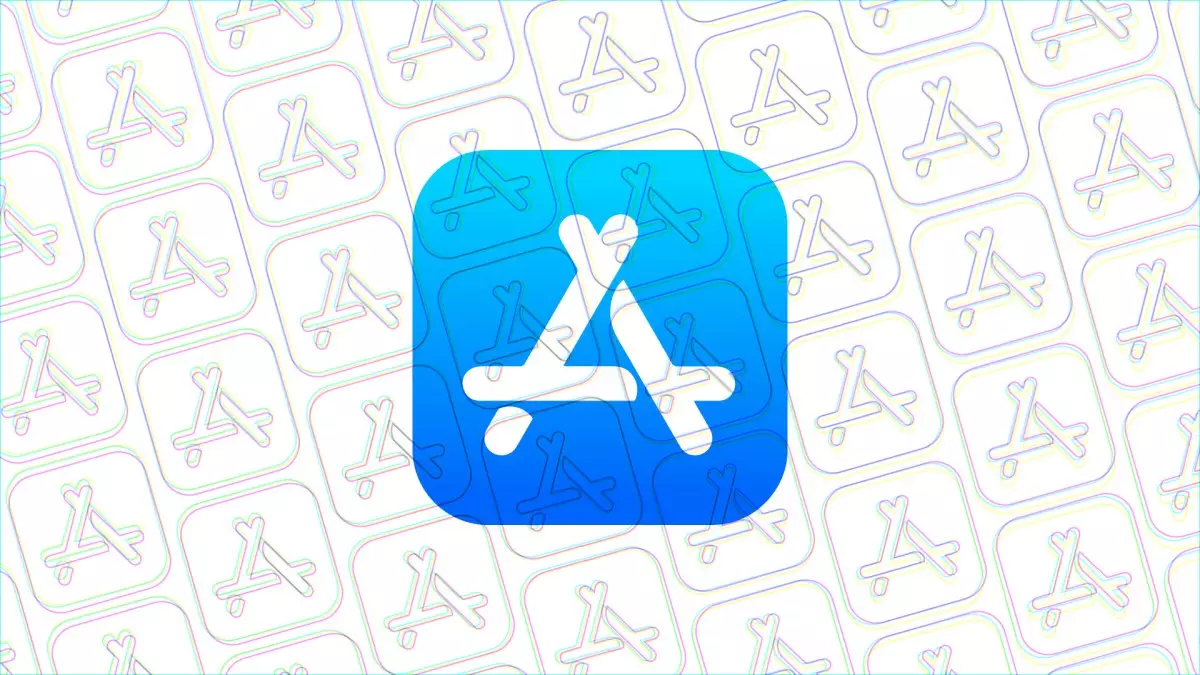In recent times, Apple has found itself in the midst of a fierce legal battle with Epic Games, the company behind the immensely popular game Fortnite. Central to this dispute are the App Store rules and how they dictate the relationship between Apple and the developers who rely on its platform for distribution and monetization. Allegations have surfaced from Epic that Apple’s practices stifle competition and inhibit developers from adequately profiting from their creations. The high-stakes nature of this conflict is compounded by a significant court directive requiring Apple to produce an extensive amount of documentation related to changes in its App Store policies, marking a critical juncture in this legal saga.
Recently, Judge Thomas S. Hixson made headlines when he firmly rejected Apple’s request for an extension regarding the submission of over 1 million documents, stating unequivocally that their behavior was not acceptable. His remarks illuminate a pivotal dissatisfaction with Apple’s approach to compliance, suggesting that the company exhibited a lack of foresight and responsibility by failing to anticipate the extensive document retrieval needed. By implying that Apple had long been aware of the volume of necessary documents, Hixson is effectively challenging Apple’s credibility, raising questions about the company’s commitment to transparency and adherence to legal obligations.
The root of the tension lies within Apple’s newly implemented App Store policies, which, while allowing greater freedom for developers to process payments outside Apple’s in-app payment system, still permit Apple to retain a commission on transactions. This has led Epic Games to accuse Apple of acting in “bad faith” following the mandated adjustments. By continuing to collect a commission despite the changes, Apple’s actions have been interpreted by some as a tactical maneuver designed to quell dissenting developers while maintaining control over its revenue streams. Consequently, Epic’s challenge amplifies a larger narrative about monopolistic practices in the tech industry and the struggles of smaller developers seeking fair competition.
As the September 30 deadline looms, the outcome of this legal battle could have significant ramifications not just for Apple and Epic, but for the broader mobile app ecosystem. Should the court find in favor of Epic, it may pave the way for other developers to challenge Apple’s practices, thus altering the fundamental dynamics of the App Store. Conversely, a ruling siding with Apple could reinforce its existing policies, potentially hampering developer freedom and fostering a landscape rife with frustration among those attempting to navigate Apple’s stringent rules.
The ongoing struggle between Apple and Epic Games encapsulates a critical examination of big tech’s influence on competition and innovation. As documents are prepared for submission, the tension between the two parties underscores a crucial debate over fairness in digital marketplaces. The resolution of this dispute may not only affect the future of Apple’s App Store practices but also set a precedent that resonates throughout the tech industry for years to come.

